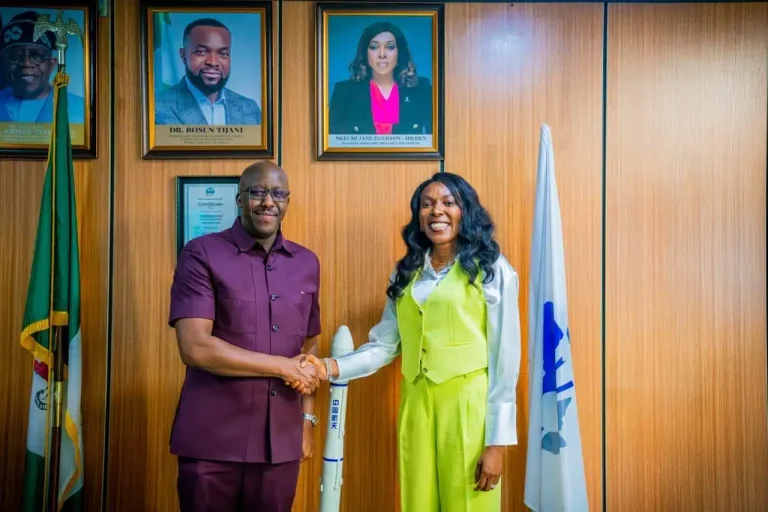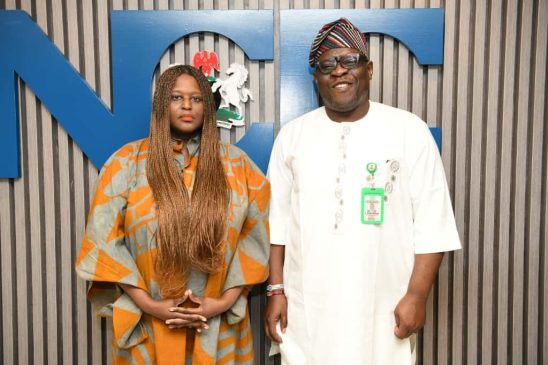The British Deputy High Commissioner to Nigeria, Johny Baxter, has said that the Nigerian government will need to ensure increased access to faster and affordable internet to achieve growth in its current digital economy agenda.
Baxter stated this in Lagos during an event to honour some Nigerians empowering women and young girls with digital skills through the CyberHubs initiative.
While noting that the UK firmly believes in the future growth story of Nigeria’s digital sector, he said the government would also need to create an encouraging regulatory environment to make this happen.
“To continue to drive this growth, Nigeria needs a combination of increased access to safe, affordable, faster, and better-quality internet, an encouraging regulatory environment, a skilled talent pool, and access to investment and partnership opportunities,” he said.
Women in the digital economy
The British Deputy Commissioner observed that the digital economy can sometimes seem like a place where women and girls do not belong, adding that it is a place where everyone belongs.
“It is a place where women and girls can find a sense of belonging, relevance, and empowerment. This is the reason we champion inclusion in STEM, digital, and cyber for women and girls,” he said.
Highlighting the efforts of the UK government towards empowering Nigerian women with digital skills, Baxter said:
“Last year on International Women’s Day, the UK launched a 10-year Women and Girls’ strategy which showcases our commitment to tackling gender inequality across the globe.
“The first 2 cohorts of the Digigirls programme saw the training and upskilling of 6,800 women and girls. While that might look like a large number it was only 6.3% of the people that applied for the opportunity to be trained for free.
“For us, it felt like we needed to do more. We thought about how we could make this project reach more people and have a wider impact yet still be sustainable.
“We then decided to experiment with using local technology hubs to deliver upskilling to women and girls. This would strengthen the hubs as well as provide a physical space where women and girls could learn undisturbed.”
He said the experiment paid off as Cybersafe Foundation, which it partnered with, was able to train 59,900 women and girls. He added that this was achieved with the support of 200 volunteer Alumni DigiGirls called DigiChampions and a partnership with 60 hubs across 22 states in Nigeria.
Digital skills funding
Acknowledging the efforts of the UK in Nigeria, Founder/Executive Director, of Cybersafe Foundation, Confidence Staveley, said the UK Government has through the DigiGirls program, in 3 iterations, funded CyberSafe Foundation to cumulatively provided employable digital skills to over 70,000 women and girls across Nigeria.
Considering that according to a recent USAID report, 90% of jobs worldwide will have a digital component shortly and without digital skills, women are automatically disadvantaged and do not have the confidence to participate in the digital workforce or the digital economy at large. What will become of us if we leave half our population behind, We must count women in!” she said.












+ There are no comments
Add yours